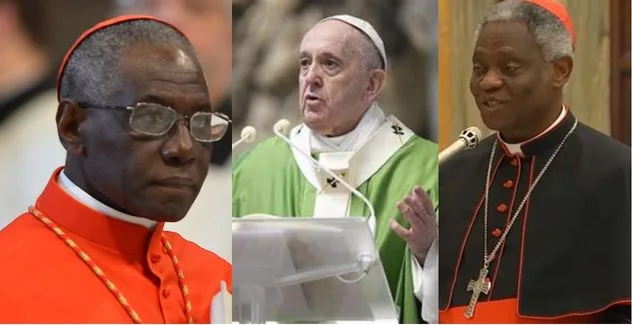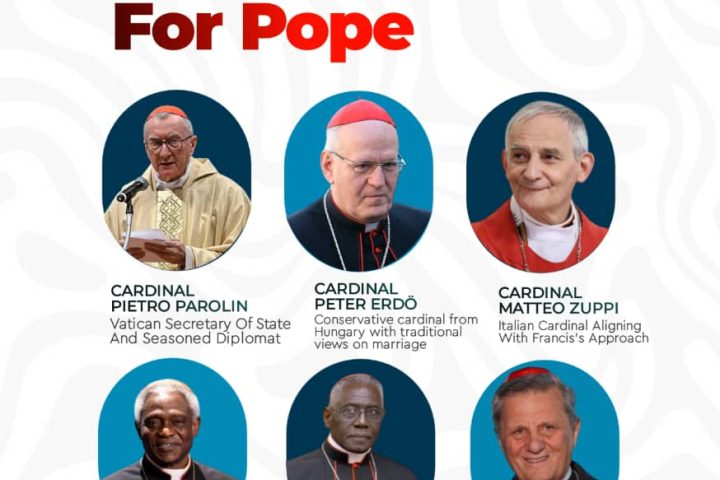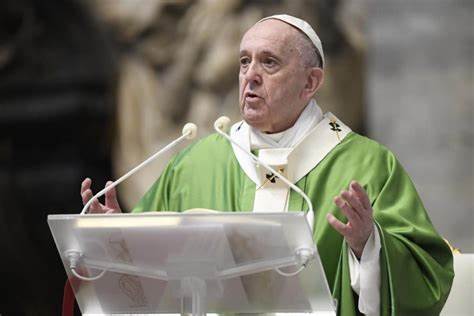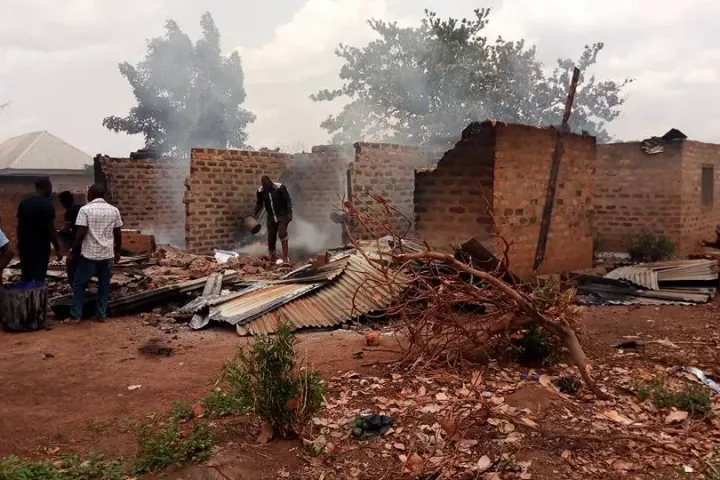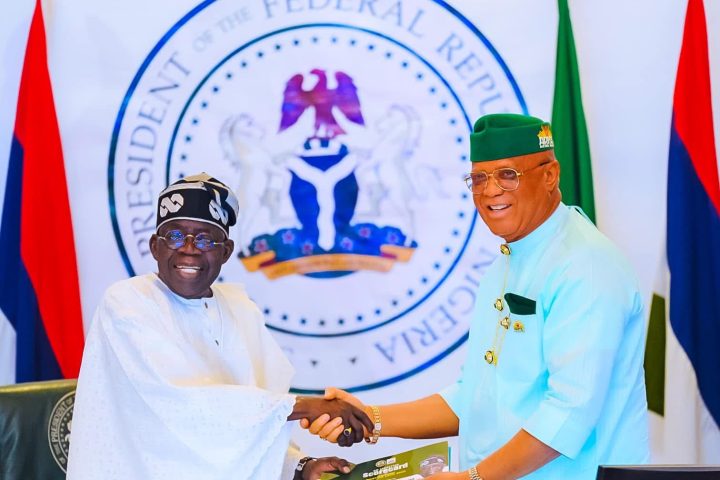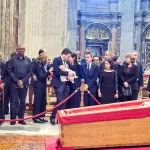By Dr. Jude Dike, Ph.D.
Join our WhatsApp Channel
As the world mourns the passing of Pope Francis, the first pope from the Americas and the first Jesuit to lead the Roman Catholic Church, a conversation that has long simmered within the global Catholic community comes into sharper focus: Is it time for a Black pope?
The death of Pope Francis, who was lauded for his progressive views on poverty, immigration, climate change, and interfaith dialogue, invites a moment of deep reflection on the direction of the Church, particularly in a world where Africa, home to a rapidly growing Catholic population, plays an increasingly prominent role.
The African Catholic Church: A Rising Power
The Catholic Church has been undergoing significant demographic shifts over the past century. While Europe and the Americas once held the majority of the world’s Catholic population, Africa has experienced explosive growth in both the number of Catholics and the number of seminaries and clergy emerging from the continent. In fact, Sub-Saharan Africa now accounts for over 20% of the global Catholic population, with numbers steadily increasing. According to the Vatican’s 2022 Statistical Yearbook, the number of Catholics in Africa has more than doubled in the past fifty years, a trend that continues to accelerate.
Yet, despite the rise of Africa’s Catholic presence, the Vatican remains overwhelmingly European, with only a handful of African cardinals, the electors of the next pope, making their mark on the highest echelons of Church leadership. This has led many to question whether the Church’s leadership is truly representative of the global body it seeks to guide. A Black pope would send a powerful message of inclusivity, acknowledging the growth and importance of Africa within the Catholic Church, and representing the millions of Black Catholics around the world whose voices are still often marginalized in the highest halls of power.
The Legacy of Pope Francis
Pope Francis’ papacy was a watershed moment for the Church in many ways. His focus on social justice, his calls for mercy and compassion, and his commitment to highlighting the struggles of the marginalized—whether migrants, the poor, or indigenous peoples—resonated deeply with millions of Catholics across the globe. His leadership also demonstrated a shift towards a more decentralized and inclusive Church, even as his papacy faced significant challenges, including conservative pushback from within the Vatican itself. His emphasis on synodality, the idea of a more participatory and inclusive decision-making process, hinted at a desire for change that could one day pave the way for the Church to embrace greater diversity at its core.
READ ALSO: Top Six Possible Successors Of Pope Francis: Diverse Visions
The question of whether it is time for a Black pope thus becomes more than just a theoretical query, it is an invitation to examine the Church’s future. The need for reform, inclusivity, and representation in the highest levels of ecclesial authority is clear. Pope Francis himself understood that his papacy was not just about leading the Church as it was but about guiding it toward the future. As we mourn his passing, we must consider how the next pope can build on his legacy of reform and inclusivity, while also taking into account the profound demographic shifts in the Church.
Africa’s Potential for Leadership
Could the next pope come from Africa? It is a possibility that has grown less improbable with each passing year. Figures like Cardinal Peter Turkson of Ghana, who has long been considered a frontrunner for the papacy, represent the potential for the Church to embrace an African pope. Cardinal Turkson’s long-standing leadership in the Vatican, including his role in shaping the Church’s response to issues like climate change and global inequality, suggests that a Black pope would bring not only symbolic weight but also substantive leadership in areas crucial for the Church’s future.
READ ALSO: Cardinal Farrell Takes Over As Interim Head Of Vatican After Pope Francis’ Death
The notion of a Black pope also underscores the role that race and ethnicity play in shaping not only the global Catholic community but also its vision for the future. Africa, with its youthful population, its dynamic faith communities, and its growing influence in world affairs, presents an opportunity for the Church to engage with the world in new and relevant ways. A pope from Africa could more effectively address the challenges and aspirations of a continent that is poised to become even more central to the Catholic Church’s mission in the coming decades.
Theological and Cultural Implications
A Black pope would also bring a new theological and cultural perspective to the Church, which has historically been shaped by European and Latin American sensibilities. African Catholicism is deeply rooted in a rich tradition of spirituality, communalism, and respect for the sacred, which could breathe new life into the Church’s global mission. This perspective could also provide new avenues for dialogue between the Catholic Church and other faiths, particularly within Africa’s religiously diverse context.
READ ALSO: Vatican Fixes Pope Francis’ Burial For Saturday, April 26
Moreover, Africa’s history of colonization, conflict, and resilience has created a unique lens through which to understand issues of justice, peace, and reconciliation. The African experience with colonialism, civil strife, and economic exploitation could inform a pope’s approach to global issues such as human rights, economic inequality, and international relations. In this way, an African pope would not only represent the continent’s rapidly growing Catholic population but could also embody a more inclusive and globally relevant approach to the Church’s mission.
Conclusion: A New Era for the Church?
As we mourn the death of Pope Francis, we are reminded that the papacy is not simply a position of leadership but a symbol of the direction in which the Church is headed. The question of whether it is time for a Black pope is not just about ethnicity or race, it is about the future of a Church that must reckon with its increasingly diverse global community.
The papacy of Pope Francis demonstrated that the Church can embrace reform and adapt to the changing world while staying true to its mission. The election of a Black pope, particularly from Africa, would mark the next step in that journey, reflecting a Church that is inclusive, diverse, and engaged with the challenges of the 21st century. Whether or not the next pope will be African or Black remains to be seen, but the possibility stands as an invitation to rethink the global Church’s priorities and the legacy of Pope Francis.
In this time of mourning, it is important to ask not just what the Church has been but what it will become and what it can be for future generations. The election of a Black pope could be a significant step in that ongoing transformation.
Dr. Jude Dike is a college professor and the host of a popular weekly podcast in Calgary, Canada. He holds a Bachelor’s degree in Economics from Delta State University, a Master’s degree in Oil & Gas Economics from the University of Dundee, Scotland, and a Doctorate in Economics from the University of Stirling, Scotland. He has also worked with the World Bank and Nigeria’s National Assembly.

